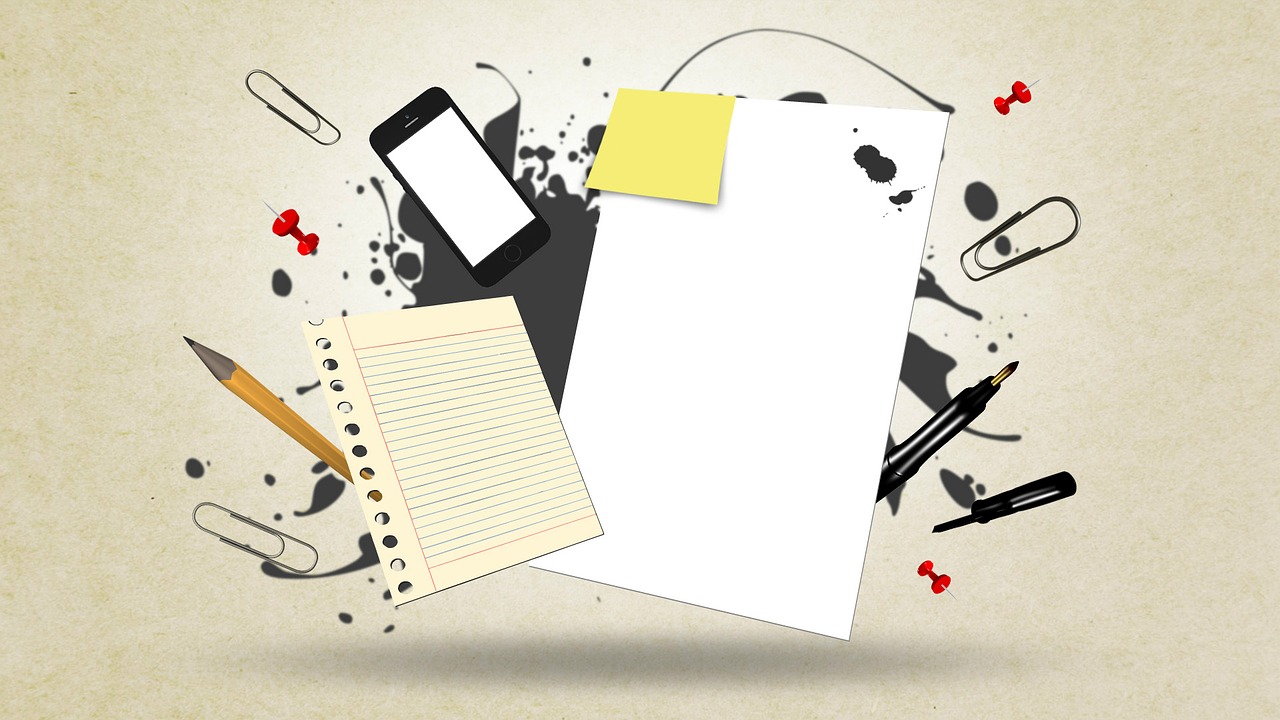
Here’s How to Prepare for Your Qualifying Exam
- STEM
- 1.8K
In May I sat and passed my qualifying exam. In the six and a half weeks between my prequalifying meeting and the big day, I spent over 166 hours: reading 52 scientific papers, studying seven book chapters, crafting a 6,753-word proposal, and presenting my work to six different audiences. Overall, I spent 64% of my time reading, 23% writing, and 13% working on my presentation.
While it seemed daunting, it was a great opportunity to better understand the science behind my project, and consider better ways to carry it out.
Here are some tips I used to prepare, which can be useful to you whether you are reading, writing, presenting, and/or qualifying in the future.
Schedule your time well. Ideally, you want to finish reading first so that you can incorporate what you learn into your writing and presentation. You should also plan at least two weeks to practice and revise your presentation before going live. So spend the first two-thirds of your time reading and writing, and the last third practicing and honing your presentation.
Take notes on important points WHILE reading. You won’t be expected to remember everything you read. But it’s helpful to take notes of important points in each paper so that you can review them before the exam. I used Google Sheets with different tabs for each reading topic and a different row for each paper/book chapter. Then each column had a different point that I thought was worth remembering. This allowed me to save and sync my notes online automatically. I also incorporated my notes from each paper into my prospectus right after I finished reading it. This broke up the monotony of reading, allowed me to better assimilate the information, and helped me form a well-thought-out the prospectus.
Outline your prospectus document first. Your department will have guidelines for what should be included in your proposal. By outlining my prospectus, I was able to read actively to fill in these points.
Read for understanding. Take as long as necessary to fully understand each paper. As you learn more about the field, you’ll get more efficient at reading and be able to focus on what’s relevant to you.
Show up Early. On the big day, be sure to get to the room at least 30 minutes before to make sure that everything works fine and that you have the right equipment to ace your exam.
Draw out diagrams and be prepared to use the Chalkboard. Practice doing this before the big day. During the exam, you can do this proactively, or count on someone from your committee asking you to illustrate something on the chalkboard.
Don’t Worry. No matter how long, hard, and smart you prepare, your committee will ask you something you don’t know. Don’t fret. Pause for a few seconds to give yourself time to think of something. Then, if you can’t answer, let them know. Don’t be afraid to ask your committee for their advice on solving a problem or addressing a question.
“Iterate to be great.” Practice your presentation to different audiences. Present to at least one group that knows it better than you, but also present to those in different fields. This will allow you to determine what parts of your presentation are not clear to general audiences so that you can simplify your presentation. Be sure to understand, and know the details behind everything you put on your slides extremely well. During the exam, you should be prepared for at least three questions per slide.
Tune your presentation to incorporate feedback from your audiences. But don’t make it too long. My 23-slide presentation took over an hour and a half to get through!
Hopefully, this STORED WIT will help you ace your exam!
by Gadareth Higgs
If you liked this article, then please subscribe to our YouTube Channel for the latest Science and Tech news. You can also find us on Twitter and Facebook.


